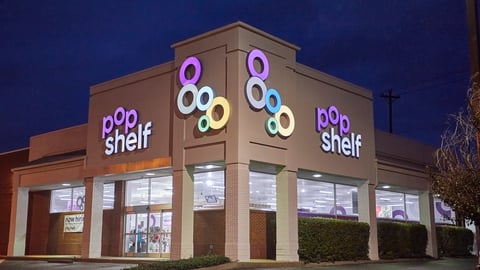Port Congestion: Going 24/7 is necessary but short-term fix
The port blockages in LA are part of a chain of events that near inevitably ends up with Americans paying higher prices because goods can’t arrive on shelves fast enough.
Biden’s announcement, and those of FedEx, UPS and Walmart are necessary to unblock ports before a complete log jam takes effect across LA and Long Beach which combined handle about 40% of containers into the United States.
[Read More: Walmart to increase night operations to help ease supply chain congestion]
However, don’t expect this to solve the problem in its entirety since on land transport capacity is already buckling under the strain of systematic shortages and irregularity of demand.”
Ports are a vital hub between on land and on sea supply chain connections and are effectively being squeezed on both sides by irregular supply on one side (sea) and not enough capacity on the other (land). Ports work like clockwork, and depend upon tight scheduling to get the most in and out every hour of every day. A change here will create another change there.
Fixing the log jam will mean either reducing inputs (ships) or increase outputs (rail and trucks) and creating some predictability. Going 24/7 is the only option available in the short term, but a complete fix needs the whole on land supply chain to respond.
While opening the ports to 24/7 operations helps move containers off ships faster, the reality is there is still limited supply of trucks/rail to move the containers out of the ports which will ultimately create another backlog.
Another potential issue is the backlog will create crowded ports making it difficult to move equipment efficiently throughout the port. Labor shortages pose a problem in terms of getting these ports fully operational on a 24/7 schedule and will likely take weeks to get staffing up to operating at 100% capacity 24 hours a day.”
Be under no illusions, these sorts of situations will reoccur around the world as global supply chains battle through the current storms. The lesson for consumers: Prices and availability go hand in hand, particularly on low-margin goods like toys, electronics and textiles. Lower availability will translate into higher prices.












